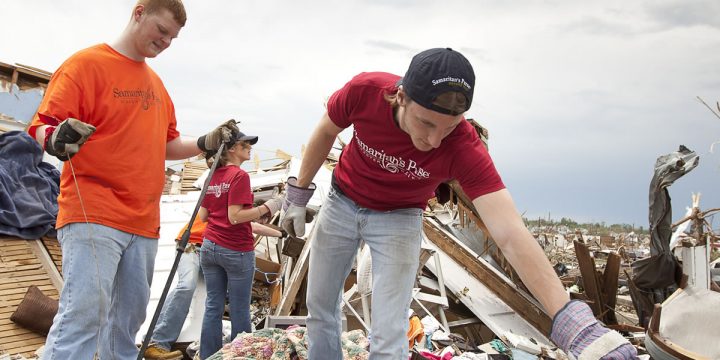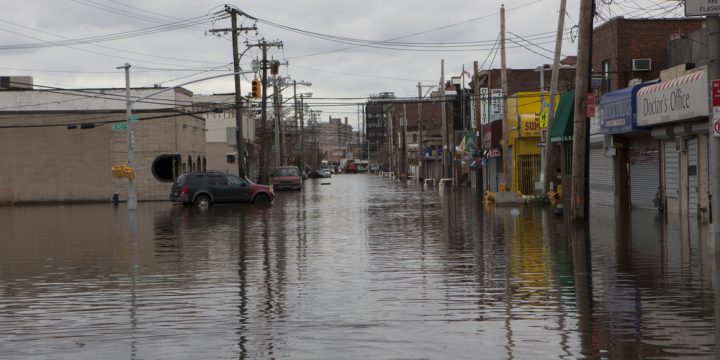
In the Caribbean, colonialism and inequality mean hurricanes hit harder
Hurricane Maria, the 15th tropical depression this season, is now battering the Caribbean, just two weeks after Hurricane Irma wreaked havoc in the region. The devastation in Dominica is “mind-boggling,” wrote the country’s prime minister, Roosevelt Skerrit, on Facebook just after midnight on September 19. The next day, in Puerto Rico, NPR reported via member station WRTU in San Juan that “Most of the island is without power…or water.” Among the Caribbean islands impacted by both deadly storms are Puerto Rico, St Kitts, Tortola and Barbuda. In this region, disaster damages are frequently amplified by needlessly protracted and incomplete recoveries. In 2004, Hurricane Ivan rolled roughshod through the Caribbean with wind speeds of 160 mph. The region’s economy took more than three years to recover. Grenada’s surplus of US$17 million…

